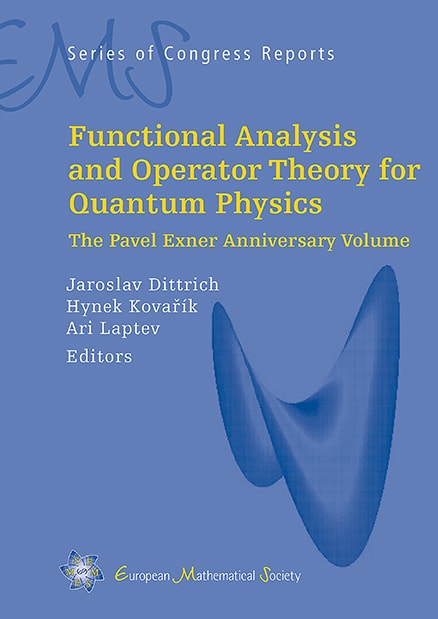A Cayley–Hamiltonian theorem for periodic finite band matrices
Barry Simon
California Institute of Technology, Pasadena, USA

A subscription is required to access this book chapter.
Abstract
Let be a doubly infinite, self-adjoint matrix which is finite band (i.e. if ) and periodic ( for some where ) and non-degenerate (i.e. for all ). Then, there is a polynomial, , in two variables with . This generalizes the tridiagonal case where where is the discriminant. I hope Pavel Exner will enjoy this birthday bouquet.